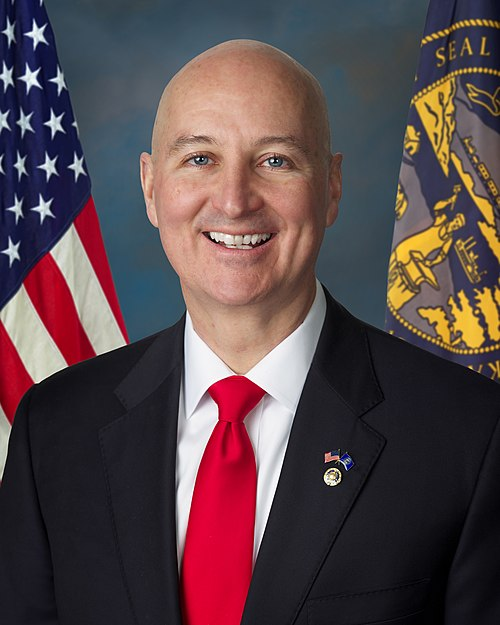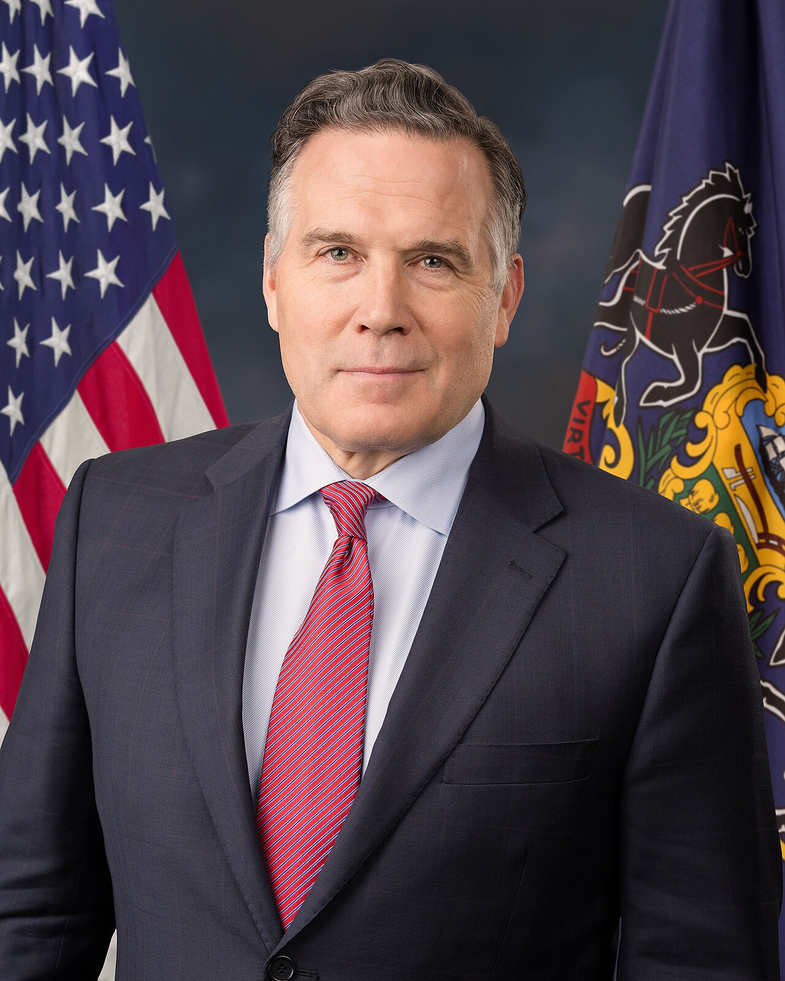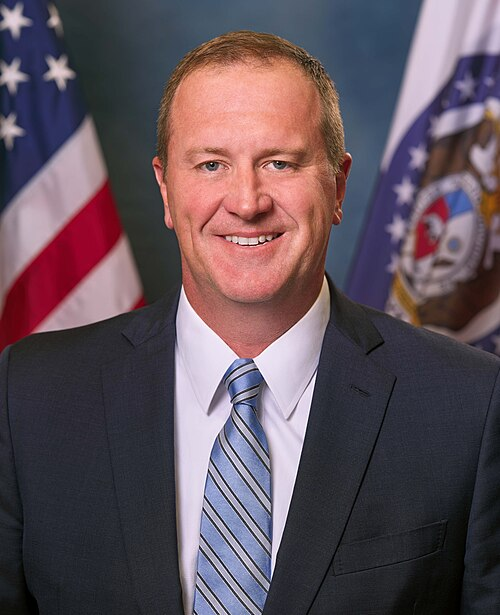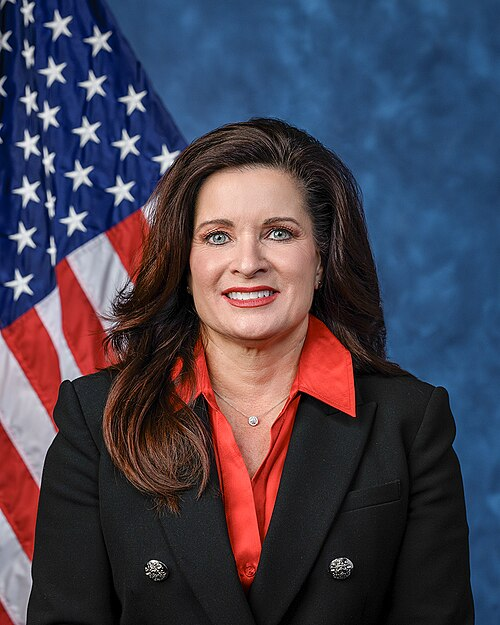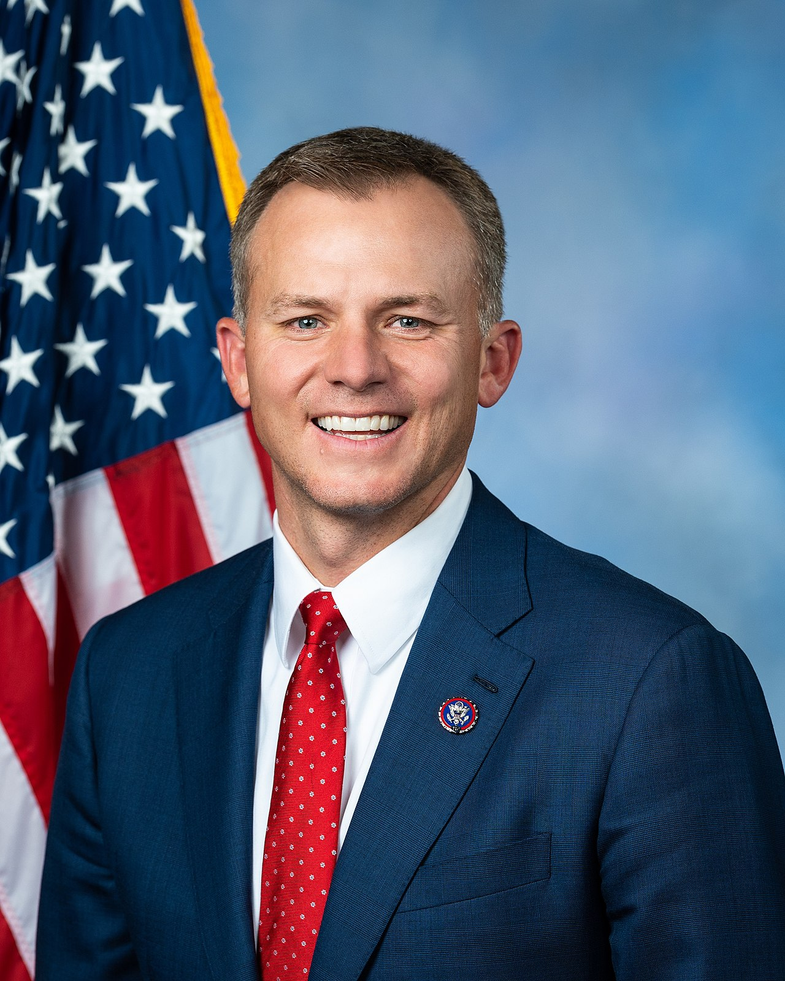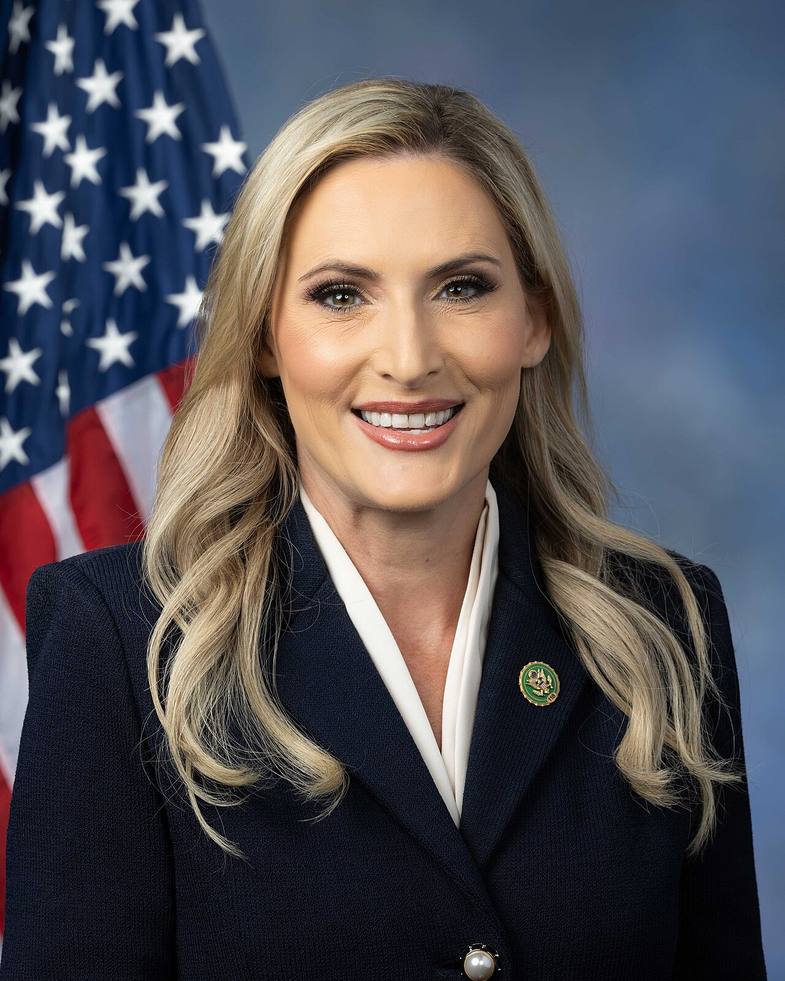S. 3080: Nitazene Sanctions Act
This bill, known as the Nitazene Sanctions Act, aims to address the trafficking of nitazenes, a class of synthetic opioids that are highly potent and can be produced using easily accessible precursor chemicals. The legislation focuses on the involvement of the People's Republic of China in the production and distribution of these opioids and seeks to impose sanctions on entities associated with opioid trafficking.
Objectives of the Bill
The main objectives of the Nitazene Sanctions Act include:
- Amending the existing Fentanyl Sanctions Act to include nitazenes in the list of dangerous substances that can lead to sanctions.
- Designating specific entities and officials in China as foreign opioid traffickers if they are found to be producing or facilitating the trafficking of nitazenes.
- Requiring the Secretary of State and the Attorney General to submit a report that details the role of China in the production of 2-benzylbenzimidazole opioid precursors, outlines strategies to reduce this production, and describes plans to collaborate with allies to curb the flow of these drugs into the United States.
Key Findings
The bill outlines key findings about nitazenes:
- Nitazenes are synthetic opioids that are more potent than fentanyl and can be synthesized easily in various locations.
- Synthetic opioids like nitazenes can be created using precursors that are often uncontrolled and accessible globally.
- Organizations in China have the capability to produce these precursors efficiently.
- U.S. authorities have identified a risk of Mexican cartels using connections with Chinese suppliers to import nitazenes into the U.S.
Provisions for Sanctions
The bill includes provisions for imposing sanctions on:
- Entities in China that produce or distribute nitazenes or facilitate their trafficking while failing to implement measures to prevent such activities.
- Officials in the Chinese government who assist in opioid trafficking, whether through direct action or negligence.
- Foreign governments or their subdivisions involved in significant activities contributing to opioid trafficking.
Report Requirements
Within 120 days of the enactment of this bill, the Secretary of State and the Attorney General must provide a report that includes:
- An analysis of China's role in precursor production.
- A plan for cooperation with China to minimize precursor production.
- A strategy to work with European allies to address the issue of opioid trafficking.
Changes to Existing Laws
The bill amends existing statutes, including:
- Updating definitions in the Fentanyl Sanctions Act to specifically include nitazenes as controlled substances.
- Extending the duration of the Fentanyl Sanctions Act from five years to ten years.
Designation of Foreign Traffickers
The legislation proposes adding specific criteria for designating entities and officials in China as foreign opioid traffickers. This includes:
- Entities that produce or distribute the controlled substances mentioned.
- Failure to implement effective measures to prevent trafficking.
- Government officials who aid trafficking through direct involvement or negligence.
Assessment of Agencies
The bill requires assessing whether certain Chinese agencies, responsible for drug control and law enforcement, are considered foreign opioid traffickers based on their actions related to opioid trafficking.
Relevant Companies
- NIO - The Chinese electric vehicle manufacturer may face scrutiny if implicated in the trafficking supply chain.
- Tencent Holdings - If connected indirectly through financial services used for trafficking activities, they may be affected by sanctions.
- Alibaba Group - As a major Chinese e-commerce platform, any connections to illegal trafficking could result in sanctions on the company.
This is an AI-generated summary of the bill text. There may be mistakes.
Sponsors
3 bill sponsors
Actions
2 actions
| Date | Action |
|---|---|
| Oct. 30, 2025 | Introduced in Senate |
| Oct. 30, 2025 | Read twice and referred to the Committee on Banking, Housing, and Urban Affairs. |
Corporate Lobbying
0 companies lobbying
None found.
* Note that there can be significant delays in lobbying disclosures, and our data may be incomplete.
